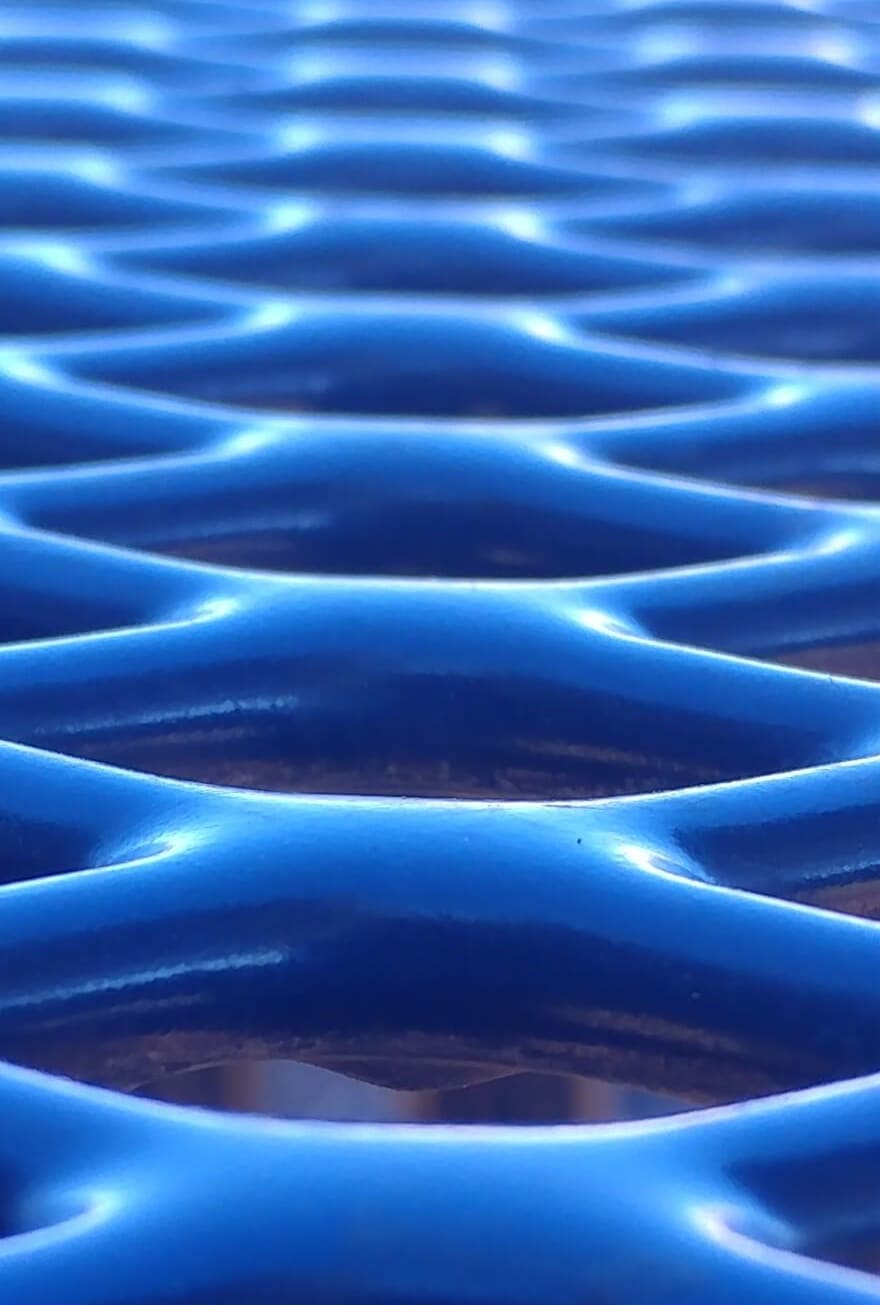Knowde Enhanced TDS
Identification & Functionality
- Chemical Family
- Product Type
- Technologies
Features & Benefits
- Labeling Claims
Applications & Uses
- Markets
- Applications
- Application Method
- Cure Method
- Surface Preparation
- Metal surfaces are to be cleaned and degreased then abrasive blasted with chloride free abrasive. Exterior applications to SSOPC SP-10 Near white finish minimum 3 mil profile. Immersion applications to SSPC SP-5 White metal, 3 to 5 mil profile. Grind flat all burrs, weld seams, radius sharp edges. Fresh blasted surfaces to be rebuilt as quickly as possible to prevent oxidation of the surface and allow time for proper rebuilding of the damaged area.
- Mixing
Thoroughly mix Activator into Base with mixing stick scraping sides and bottom of container or mixing board. Mix by volume 1 parts Base to 1 part Activator. Or by weight 1 parts Base to 1 part Activator (100:90). Mix thoroughly to produce and even colored, streak-free material.
- Application
- Use heavy plastic squeegee or putty knife. Work material into profile of substrate to achieve maximum adhesive and to remove any entrapped air. Contour to correct form with putty knife or plastic applicator. If mold or form is used be sure to coat its surface with a release agent to prevent adhesion of the material. Machining is possible using diamond tipped tools only. Grinding is possible only if done within 2 hours of application at 77ºF (add 1 hour for each 10ºF below 77ºF, subtract 1/2 hour for each 10ºF above 77ºF).
- Application Temperature
- Keep between 55 and 95ºF (17-35ºC). Substrate: keep between 45-105ºF (7-40ºC). The difference in temperature of the substrate and the material should never exceed 10ºF, 5ºC. Substrate shall be a minimum of 5ºF (3ºC) above dew point. Do not apply if relative humidity exceeds 90%. If necessary heat the metal prior to surface preparation using electric heater or heat lamp. Never use gas, oil or kerosene heaters as they will leave a greasy residue on metal surface. For best results keep all material in warm area overnight (75ºF+) for ease of mixing. If necessary Base component of material can be heated by microwave for 30-45 seconds for a 1 KG Base unit or by warm water bath. Heat Activator by warm water bath only. If necessary let material cool before application.
- Overcoat / Cure Time
- Re-coat as soon as possible while material is still soft, within 2 hours at 77ºF. 25ºC. If overcoat window is exceeded abrade surface with course sandpaper, grinder or brush blast. Full cure before immersion 36 hours at 77ºF. Force Cure with heat for best performance for 1 hour at 200ºF, 93ºC, 12 hours at 120ºF, 49ºC.
- Clean Up
Clean tools immediately after use with M.E.K., Acetone, 98+% Isopropyl Alcohol or similar
Properties
- Physical Form
- Temperature Properties
- Specifications
- Chemical Resistance
Water Excellent Alkalis Excellent Inorganic Acids Very Good Organic Acids Very Good Organic Solvents Excellent - Mix Ratio
1:1 by volume (Base : Activator) 100 gm: 90 gm by weight
| Value | Units | Test Method / Conditions | |
| Maximum Temperature for Immersion Service | 138.0 | °C | — |
| Maximum Temperature for Dry Heat | 232.0 | °C | — |
| Value | Units | Test Method / Conditions | |
| Compressive Strength | 19500.0 | psi | ASTM D695/7 days |
| Tensile Shear | 2400.0 | psi | ASTM D1002/steel:steel |
| Solid Content | 100.0 | % Volume | — |
| Pot Life (at 75°F) | 20.0 | min/kg | — |
| Flexural Strength | 15000.0 | psi | ASTM D790/7 days |
Packaging & Availability
- Weight per Gallon
17.4 lbs( 7.89 KG)
Storage & Handling
- Shelf Life
- 5 Years (at 13-35ºC)

